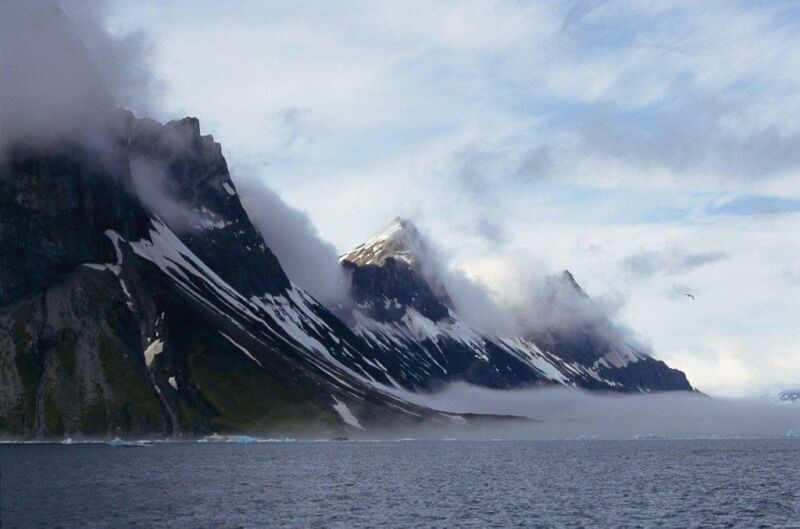A puzzling past sea level rise might have its missing piece

Enlarge / Over 14,000 years ago, an ice sheet was perched on Svalbard. (credit: Omer Bozkurt)
The rapid rise of global temperature over the last century is almost certainly unprecedented in recent Earth history, but our current rate of sea level rise has stiffer competition. About 14,650 years ago, as the thawing of the last ice began to hit its stride, sea level made a remarkable jump of 12 meters or more-and did so in less than 400 years. It's an event known to scientists as Meltwater Pulse 1A.
Figuring out where all that water came from hasn't been easy. It was certainly the result of melting glacial ice (and not some sort of biblical sky-flood), but models of past ice sheet change haven't quite added up.
A new study led by Jo Brendryen at the University of Bergen takes an interesting route to discover that the melting of the Eurasian Ice Sheet, which has largely been overlooked, might just explain things.
Read 12 remaining paragraphs | Comments